LLAMA IV
The llama is a South American relative of the camel, also related to alpacas, vicuñas and guanacos. Llamas are social animals widely used in the Andes since Pre-Columbian times. In Aymara mythology llamas are important beings. The Heavenly Llama is said to drink water from the ocean will return to the water springs and lagoons where they come from at the end of time.
Frazadas, aguayos, llicllas or blankets are used in the Andes to protect against the low temperatures in high altitudes. Dating back to Pre-Columbian times and made with wools from the region (camelids or sheep), they are usually colorful and have linear designs. Women use them to carry babies, food and as a complement to their clothing. Men to bring their tools to the fields and they are also used as ritual elements to wrap the coca leaves or the harvests. They usually have three sections: the edge or t´irja that serves the purpose of tying it; the pampa or flat part; and the salta where the patterns are usually located. The symbolism of the colours changes from region to region and serve a similar purpose to a bar code, to identify a region, a function or a ceremony. Colors became very bright when synthetic dyes arrived in the highlands in the 1900.
2021 Ugalde Mixed media scuplture 138 x 97 x 39 cm
Shipping requires special handling. Please contact our team of experts for an estimated cost.
shop@aracari.com
The llama is a South American relative of the camel, also related to alpacas, vicuñas and guanacos. Llamas are social animals widely used in the Andes since Pre-Columbian times. In Aymara mythology llamas are important beings. The Heavenly Llama is said to drink water from the ocean will return to the water springs and lagoons where they come from at the end of time.
Frazadas, aguayos, llicllas or blankets are used in the Andes to protect against the low temperatures in high altitudes. Dating back to Pre-Columbian times and made with wools from the region (camelids or sheep), they are usually colorful and have linear designs. Women use them to carry babies, food and as a complement to their clothing. Men to bring their tools to the fields and they are also used as ritual elements to wrap the coca leaves or the harvests. They usually have three sections: the edge or t´irja that serves the purpose of tying it; the pampa or flat part; and the salta where the patterns are usually located. The symbolism of the colours changes from region to region and serve a similar purpose to a bar code, to identify a region, a function or a ceremony. Colors became very bright when synthetic dyes arrived in the highlands in the 1900.
2021 Ugalde Mixed media scuplture 138 x 97 x 39 cm
Shipping requires special handling. Please contact our team of experts for an estimated cost.
shop@aracari.com
The llama is a South American relative of the camel, also related to alpacas, vicuñas and guanacos. Llamas are social animals widely used in the Andes since Pre-Columbian times. In Aymara mythology llamas are important beings. The Heavenly Llama is said to drink water from the ocean will return to the water springs and lagoons where they come from at the end of time.
Frazadas, aguayos, llicllas or blankets are used in the Andes to protect against the low temperatures in high altitudes. Dating back to Pre-Columbian times and made with wools from the region (camelids or sheep), they are usually colorful and have linear designs. Women use them to carry babies, food and as a complement to their clothing. Men to bring their tools to the fields and they are also used as ritual elements to wrap the coca leaves or the harvests. They usually have three sections: the edge or t´irja that serves the purpose of tying it; the pampa or flat part; and the salta where the patterns are usually located. The symbolism of the colours changes from region to region and serve a similar purpose to a bar code, to identify a region, a function or a ceremony. Colors became very bright when synthetic dyes arrived in the highlands in the 1900.
2021 Ugalde Mixed media scuplture 138 x 97 x 39 cm
Shipping requires special handling. Please contact our team of experts for an estimated cost.
shop@aracari.com



